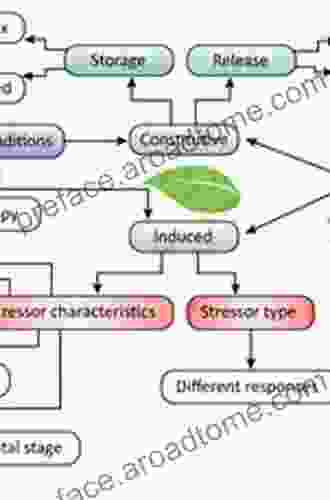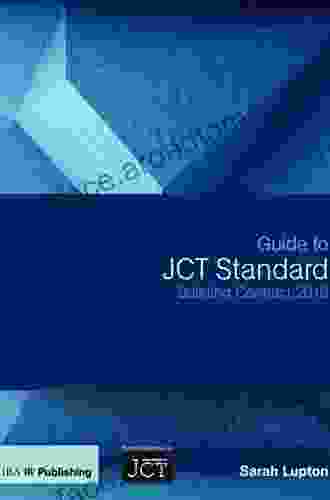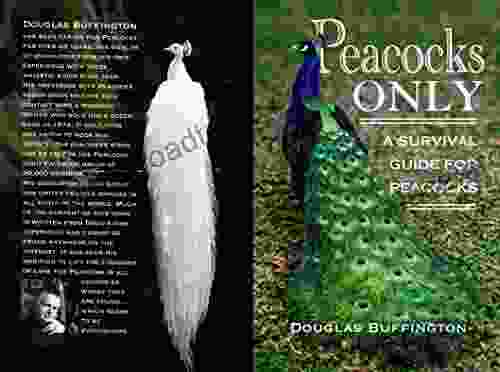Phytochemical Biopesticides: Cutting-Edge Solutions for Sustainable Pest Management

In the face of rising global food demand and growing concerns over the environmental impact of conventional pesticides, the search for sustainable and effective pest management strategies has become paramount. Phytochemical biopesticides, derived from naturally occurring plant compounds, offer a promising solution to this challenge. Their unique properties and targeted modes of action make them an attractive alternative to synthetic pesticides, particularly in organic farming and integrated pest management (IPM) systems.
What are Phytochemical Biopesticides?
Phytochemical biopesticides are plant-based products that contain naturally occurring compounds with pesticidal activity. These compounds can be extracted from various plant parts, such as leaves, stems, roots, flowers, and seeds. They may exhibit a wide range of biological activities, including insecticidal, fungicidal, herbicidal, and nematicidal effects.
5 out of 5
| Language | : | English |
| File size | : | 4007 KB |
| Text-to-Speech | : | Enabled |
| Screen Reader | : | Supported |
| Enhanced typesetting | : | Enabled |
| Print length | : | 204 pages |
Advantages of Phytochemical Biopesticides
Phytochemical biopesticides offer several advantages over synthetic pesticides:
* Natural Origin: Being derived from plants, they are considered more environmentally friendly and pose less risk to human health and beneficial organisms. * Biodegradability: They are typically biodegradable and do not leave harmful residues in the environment or on crops. * Target Specificity: Many phytochemicals exhibit target specificity, meaning they are effective against specific pests while sparing beneficial insects, such as pollinators. * Reduced Resistance Development: Pests are less likely to develop resistance to phytochemicals because they are naturally occurring compounds and their modes of action are complex and multifaceted. * Synergistic Effects: Plant extracts often contain a complex mixture of compounds that can interact synergistically to enhance pesticidal efficacy.
Types of Phytochemical Biopesticides
The vast array of phytochemicals found in plants has led to the development of a wide range of biopesticides with diverse modes of action. Some commonly used phytochemical biopesticides include:
* Pyrethrins and Pyrethroids: These compounds are derived from chrysanthemum flowers and are effective against a broad spectrum of insects. * Rotenone: A naturally occurring insecticide derived from the roots of derris plants. * Azadirachtin: Extracted from the neem tree, azadirachtin acts as a powerful insect repellant, growth inhibitor, and antifeedant. * Essential Oils: Essential oils, such as tea tree oil, thyme oil, and clove oil, exhibit antifungal, antibacterial, and insecticidal properties. * Alkaloids: These plant compounds have various pesticidal effects, including insecticidal, herbicidal, and nematicidal activities.
Applications of Phytochemical Biopesticides
Phytochemical biopesticides have a wide range of applications in pest management, including:
* Agriculture: Controlling pests in crops without leaving harmful residues. * Horticulture: Protecting ornamental plants from insects, diseases, and weeds. * Home Gardens: Managing pests in small-scale gardens and urban landscapes. * Public Health: Repelling insects that transmit diseases, such as mosquitoes and ticks. * Veterinary Medicine: Controlling pests that affect livestock, such as fleas, ticks, and flies.
Advances in Biopesticide Research
Ongoing research is advancing the development and application of phytochemical biopesticides. Here are some key areas of progress:
* Extraction and Isolation Techniques: New techniques are being developed to optimize the extraction and isolation of bioactive compounds from plant materials. * Formulation Technology: Novel formulations are enhancing the stability, solubility, and delivery of phytochemicals, improving their efficacy in the field. * Nanotechnology: The use of nanotechnology is being explored to create targeted delivery systems for phytochemicals, increasing their specificity and effectiveness. * Integrated Pest Management: Phytochemical biopesticides are being integrated with other IPM strategies to optimize pest control and minimize environmental impact.
Phytochemical biopesticides offer a sustainable and effective alternative to synthetic pesticides. Their natural origin, target specificity, reduced resistance development, and potential for synergistic effects make them an attractive choice for pest management in a variety of settings. Ongoing research is advancing the field of biopesticide development, paving the way for even more effective and environmentally friendly solutions for controlling pests.
By embracing the power of plant-based compounds, we can create a more sustainable and resilient food system while protecting our environment and human health.
5 out of 5
| Language | : | English |
| File size | : | 4007 KB |
| Text-to-Speech | : | Enabled |
| Screen Reader | : | Supported |
| Enhanced typesetting | : | Enabled |
| Print length | : | 204 pages |
Do you want to contribute by writing guest posts on this blog?
Please contact us and send us a resume of previous articles that you have written.
 Book
Book Novel
Novel Page
Page Chapter
Chapter Text
Text Story
Story Genre
Genre Reader
Reader Library
Library Paperback
Paperback E-book
E-book Magazine
Magazine Newspaper
Newspaper Paragraph
Paragraph Sentence
Sentence Bookmark
Bookmark Shelf
Shelf Glossary
Glossary Bibliography
Bibliography Foreword
Foreword Preface
Preface Synopsis
Synopsis Annotation
Annotation Footnote
Footnote Manuscript
Manuscript Scroll
Scroll Codex
Codex Tome
Tome Bestseller
Bestseller Classics
Classics Library card
Library card Narrative
Narrative Biography
Biography Autobiography
Autobiography Memoir
Memoir Reference
Reference Encyclopedia
Encyclopedia Gloria Towolawi
Gloria Towolawi Russell Walden
Russell Walden Michael Perry
Michael Perry Dominic Massa
Dominic Massa Thomas Dicker
Thomas Dicker Don Wilding
Don Wilding Filippo Coppola
Filippo Coppola Sara Matthiesen
Sara Matthiesen Dominic Roskrow
Dominic Roskrow Manjul Bhushan
Manjul Bhushan Dick Odessky
Dick Odessky Douglas Boyd
Douglas Boyd Diana Kerr
Diana Kerr Michelle Segar Phd
Michelle Segar Phd Jonathan Ham
Jonathan Ham Douglas L Kelley
Douglas L Kelley Donna J Leban
Donna J Leban Luc C Lebbe
Luc C Lebbe Dmitry Vostokov
Dmitry Vostokov Diane Langberg
Diane Langberg
Light bulbAdvertise smarter! Our strategic ad space ensures maximum exposure. Reserve your spot today!

 Jarrett BlairEnvironmental Governance in Latin America: Unlocking Sustainable Development
Jarrett BlairEnvironmental Governance in Latin America: Unlocking Sustainable Development Robbie CarterFollow ·19.8k
Robbie CarterFollow ·19.8k Winston HayesFollow ·10.1k
Winston HayesFollow ·10.1k Dion ReedFollow ·7.3k
Dion ReedFollow ·7.3k Devin RossFollow ·16.6k
Devin RossFollow ·16.6k Dwight BellFollow ·6.6k
Dwight BellFollow ·6.6k Alan TurnerFollow ·13.2k
Alan TurnerFollow ·13.2k Marc FosterFollow ·6.5k
Marc FosterFollow ·6.5k Samuel WardFollow ·4.9k
Samuel WardFollow ·4.9k
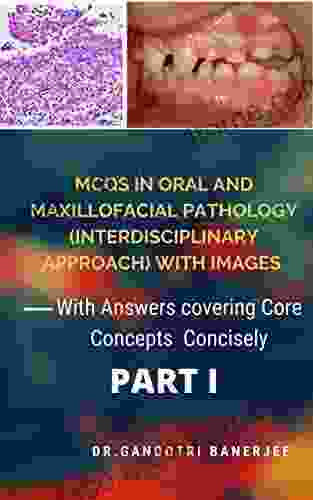
 Brandon Cox
Brandon CoxUnveiling the Secrets of Core Concepts: The Ultimate...
Are you ready to unlock the doors...

 Colt Simmons
Colt SimmonsUnlock Your True Potential: Uncover the Real Reasons For...
Embark on a...

 Ivan Turner
Ivan TurnerLove You Mom But You And Dad Are Getting a Divorce
A Heartfelt and...
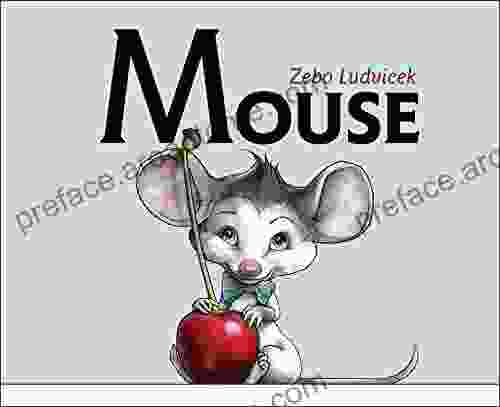
 Ervin Bell
Ervin BellIntroducing Mouse Paul Moorcraft: A Captivating Tale of...
Embark on an Unforgettable Journey...

 Mike Hayes
Mike HayesBattling Obesity In Teens And Shaping The Future
The Growing...

 Yasushi Inoue
Yasushi InoueEmbark on a Culinary and Cultural Voyage: Delve into the...
A Tapestry of...
5 out of 5
| Language | : | English |
| File size | : | 4007 KB |
| Text-to-Speech | : | Enabled |
| Screen Reader | : | Supported |
| Enhanced typesetting | : | Enabled |
| Print length | : | 204 pages |


